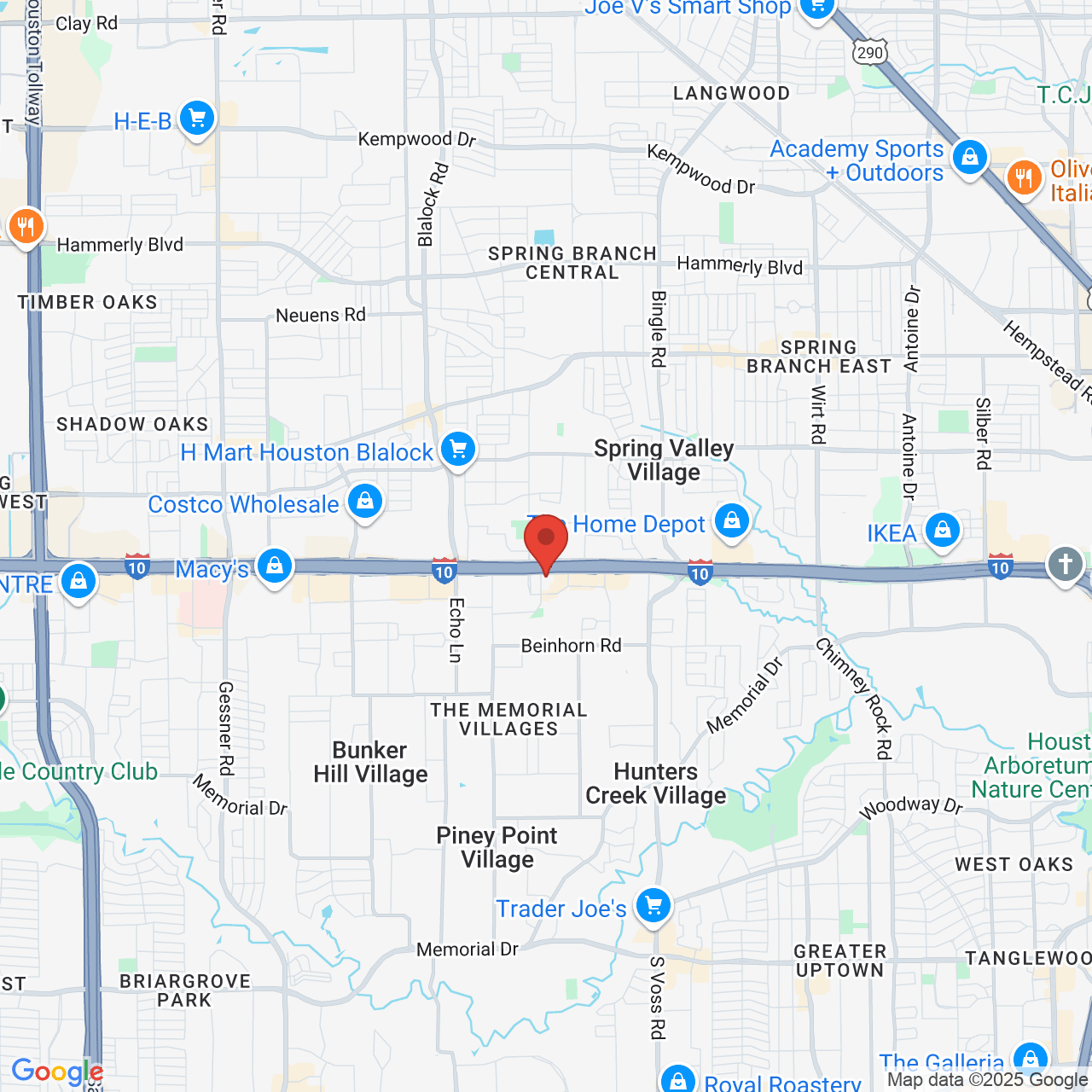Understanding the Stages of Embryo Growth: IVF and Pregnancy Info
 Here at the Centre for Reproductive Medicine, we want to make sure that patients undergo the most effective treatment possible. This means carefully considering their situation and how treatment can be tailored to meet their needs. This patient-center approach to custom care makes us one of the leading fertility treatment practices in Lubbock.
Here at the Centre for Reproductive Medicine, we want to make sure that patients undergo the most effective treatment possible. This means carefully considering their situation and how treatment can be tailored to meet their needs. This patient-center approach to custom care makes us one of the leading fertility treatment practices in Lubbock.
One of the most important parts of the in vitro fertilization (IVF) process is embryo transfer. We'd like to take a moment to consider what an embryo is and why timing is crucial when it comes to embryonic development and the IVF process.
What Is an Embryo?
In the most basic of terms, an embryo refers to an egg that is unhatched in which an offspring is in the process of developing. An embryo is what happens when sperm fertilizes an egg.
Why Embryonic Development Is So Important in IVF
During in vitro fertilization (IVF), an egg is fertilized in a lab setting. Following fertilization, the embryo is allowed to develop in a lab, undergoing cellular division under strict monitoring. By paying attention to the development of the embryo, a fertility specialist can transfer it to the womb and maximize the chances of successful pregnancy and livebirth.
Here is a basic day-by-day breakdown of embryo development.
Fertilization - The Zygote
In the first day of embryonic development, the sperm fertilizes an egg, fusing the separate genetic material. This results in zygote.
Cleavage - Cells Begin to Split
Cleavage is a process in which the zygote goes from a single-cell organism to a multi-cell organism. Through a process known as mitosis, the single cell becomes two cells, and then four cells, and then eight cells.
Compaction - A Change in Shape
As the process of cellular division continues, the shape of the embryo will begin to change. Initially the embryo will be round or spherical. As the cells divide, the embryo will still be spherical, though the multiple cells will be visible. The visibility of the multiple cells is known as compaction. By day three, up to 30 cells may be visible.
Differentiation - A Change in Cells
By the forth day of embryonic development, differentiation tends to occur. This is an important part of overall cellular growth. In essence, the simple cells of the embryo will transform into more complex cells, allowing for the formation of human tissues as well as other cell types.
About Blastocysts
By the fifth or sixth day of embryonic development, a blastocyst will have formed. This is a cluster of complex cells, with up to 200 cells present. In a natural pregnancy, the blastocyst would typically implant itself along the mother's uterine lining to develop into a fetus.
Best Stage for IVF Embryo Transfer
There are different considerations when it comes to embryo transfer during IVF. For many women, the process takes place when the embryo has divided into about eight cells, so roughly day three. In other cases, a fertility specialist may wait to transfer an embryo until a blastocyst has formed. These matters can be discussed in further detail during the actual treatment process.
Schedule a Consultation with Our Fertility Specialists
For more information about fertility treatments and how we can help you start the family of your dreams, be sure to contact our team of experienced fertility specialists today. The team at the Centre for Reproductive Medicine is here to help you overcome male and female infertility issues.


